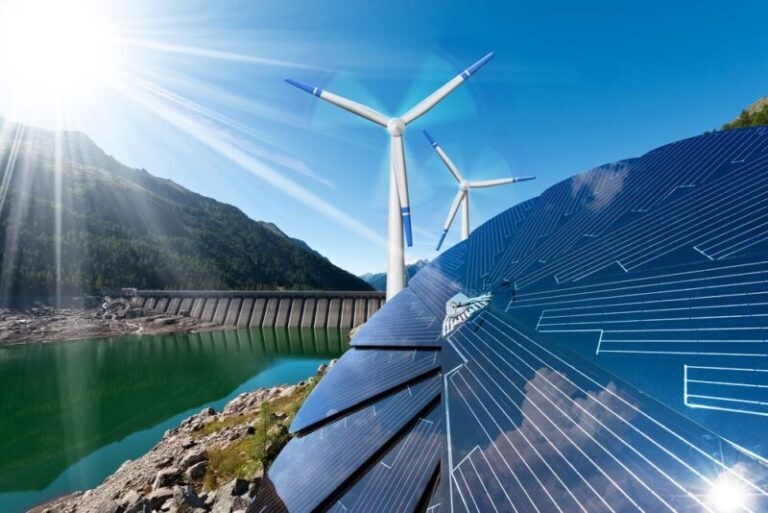Morocco is firmly committed to building its energy future, with a clear and ambitious plan aimed at making the Kingdom a key player in regional energy security. In the face of growing energy demand and complex geopolitical challenges, Morocco is implementing a series of modern infrastructures designed to enhance its storage capacities, optimize its gas pipeline networks, and develop its ports for the transshipment of hydrocarbons. These initiatives are part of a comprehensive national strategy that, in the long term, should ensure energy independence and support the country’s sustainable development goals.
Strategic Infrastructures and Investments
Morocco’s energy strategy is built on several essential pillars: optimizing existing infrastructures, expanding storage capacities, and establishing new regional connections. The port of Jorf Lasfar, a critical point for energy storage, has seen its capacities increase by 25%, and a 43% development of butane gas storage infrastructures has been achieved thanks to the 4th cavity of SOMAS. These improvements aim to support a constantly increasing energy consumption, which rose by 6% in 2024, with significant growth in products such as diesel, butane, and fuel oil.
By 2030, Morocco plans to add 2 million m³ of new storage capacities, of which 51% will be allocated to diesel. This expansion will be accompanied by the development of ports such as Mohammedia, which could handle 25 million tons per year, and Dakhla Atlantique, which will host facilities allowing for the transshipment of 5 million tons annually. These infrastructures reinforce Morocco’s ambition to become a major energy hub, capable of serving an increasingly significant demand for petroleum and gas products.
An Ambitious Gas Roadmap
The Kingdom’s gas roadmap, which extends from 2025 to 2030, plans for the development of new gas pipelines and LNG (Liquefied Natural Gas) terminals, as well as the expansion of gas transport infrastructures. In the short term, priority will be given to the development of the gas pipelines necessary for domestic gas production, particularly those connecting the Tendrara and Anchois basins to the GME (Maghreb-Europe Gas Pipeline). At the same time, new LNG terminals will be established, such as the one at the Nador West Med port, to support gas supply and accompany market growth.
In the longer term, Morocco envisions regional interconnection with Mauritania and Senegal’s networks, as well as increased collaboration in the field of green hydrogen. This strategy aims not only to meet internal gas and electricity needs but also to position Morocco as a key player in the global energy transition.
Regional Integration at the Heart of the Strategy
One of the Kingdom’s major ambitions is to intensify its regional integration in the energy sector. Morocco is already the only African country interconnected with the European energy network, a major strategic asset that positions it as an energy corridor between Europe, Africa, and the Atlantic basin. This interconnection enhances energy security and optimizes costs, particularly through the development of transnational projects like the Morocco-Nigeria gas pipeline.
Morocco continues to strengthen this integration through bilateral agreements with neighboring countries such as Mauritania, France, and by collaborating with international partners for the development of green hydrogen projects, a future sector in the energy transition.
A Vision for the Future: Investing in Infrastructures and Energy Transition
Morocco continually emphasizes the importance of accelerating investments in energy infrastructures to ensure an effective and rapid energy transition. During her participation in CERAWeek 2025 in Houston, the Minister of Energy Transition and Sustainable Development, Leila Benali, reaffirmed the Kingdom’s commitment to developing an energy strategy focused on independence, efficiency, and sustainability.
In this context, the country has already invested $2 billion in renewable energies, which now represent 44% of installed capacity. This sector continues to generate numerous jobs and actively contributes to reducing the country’s carbon footprint. Morocco also envisions accelerating investments across the entire energy sector, with ambitious projections for 2025, a year in which significant advancements are expected in terms of infrastructures and new energy capacities.
Thus, Morocco positions itself as a leader in the region’s energy transition, with structuring projects and a coherent strategy aimed at ensuring enhanced energy security and becoming an essential player in the global energy market.


